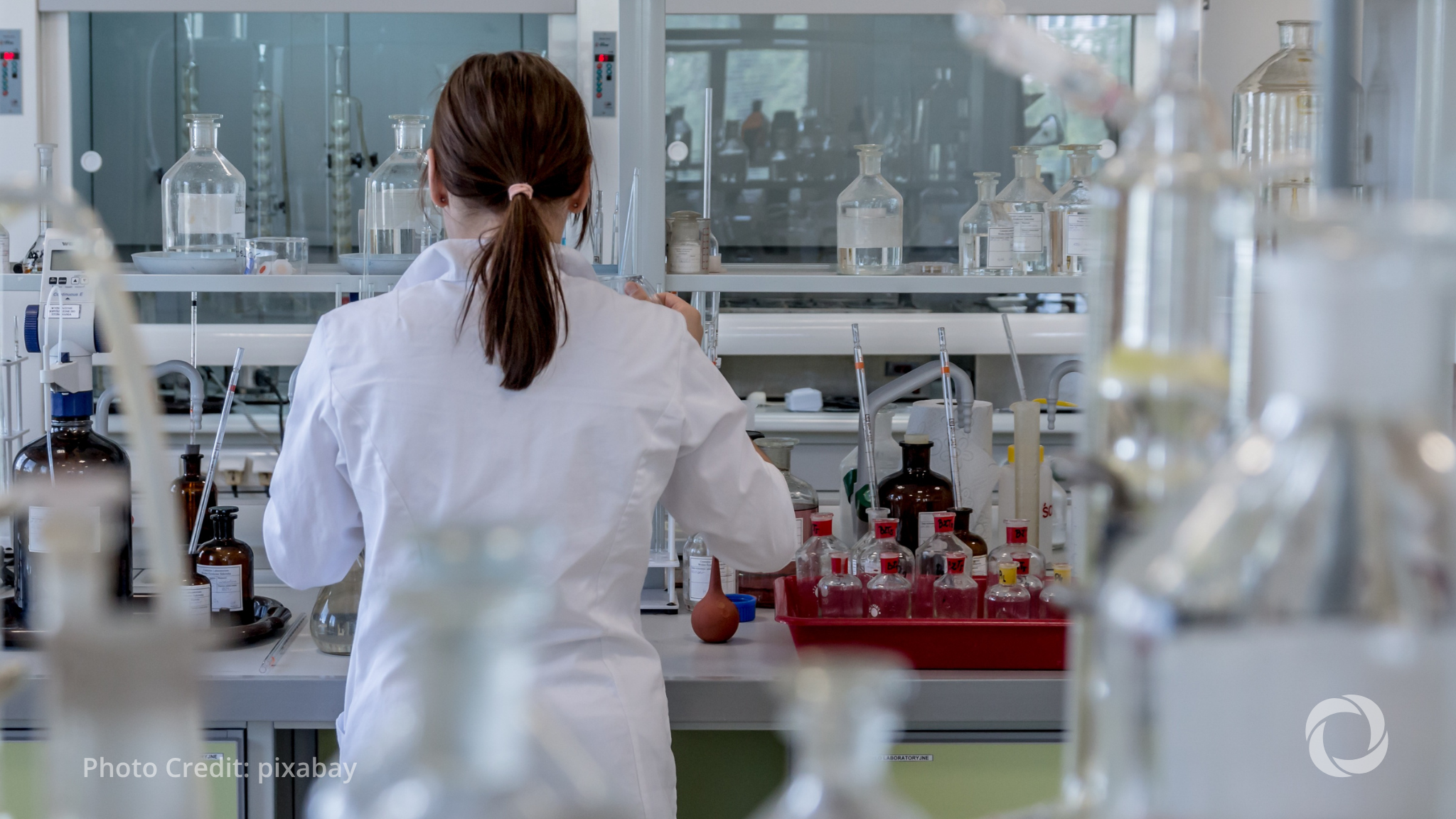The Government of United Kingdom has unveiled a comprehensive roadmap to phase out animal testing in science, the government stated. The strategy backs researchers to replace certain animal tests currently used to determine the safety of products like life-saving vaccines and the impact chemicals like pesticides can have on living beings and the environment. The plan recognizes that phasing out the use of animals in science can only happen where reliable and effective alternative methods, with the same level of safety for human exposure, can replace them.
By working with partners, backing researchers with new funding and streamlining regulation, the plan will help teams pivot to methods like organ-on-a-chip systems—tiny devices that mimic how human organs work using real human cells—greater use of AI to analyze huge amounts of information about molecules, and 3D bioprinted tissues that could create realistic human tissue samples for testing. The plan sets out specific commitments for the coming years, including an end to regulatory testing on animals to assess skin and eye irritation and skin sensitization by the end of 2026.
By 2027, researchers are expected to end tests of botox strength on mice and use only DNA-based lab methods for adventitious agent testing of human medicines—the process for detecting viruses or bacteria that might accidentally contaminate medicines. By 2030, the plan will also reduce pharmacokinetic studies, which track how a drug moves through the body over time, on dogs and non-human primates. The strategy builds on the UK’s track record in developing and adopting alternative methods, including establishing the National Centre for the Replacement, Refinement and Reduction of Animals in Research.
“Nobody in our country of animal lovers wants to see suffering and our plan will support work to end animal testing wherever possible and roll out alternatives as soon as it is safe and effective to do so,” said Science Minister Lord Vallance. The strategy is backed by £60 million of funding, which will be used to set up a hub that will bring together data, technology and expertise to promote collaboration between researchers and a separate new center to make the path to regulatory approval for new alternatives as straightforward as possible.
Alongside the new plan, £15.9 million has been committed by the Medical Research Council, Innovate UK and the Wellcome Trust to advance promising human in vitro models, including organ-on-a-chip systems. Five teams across the UK will focus on human in vitro disease models of the liver, brain, cancer, pain and blood vessels. The strategy will be overseen by a committee chaired by Lord Vallance and involving other government ministers and departments, regulators and funders, with key performance indicators to be published next year to monitor progress.

